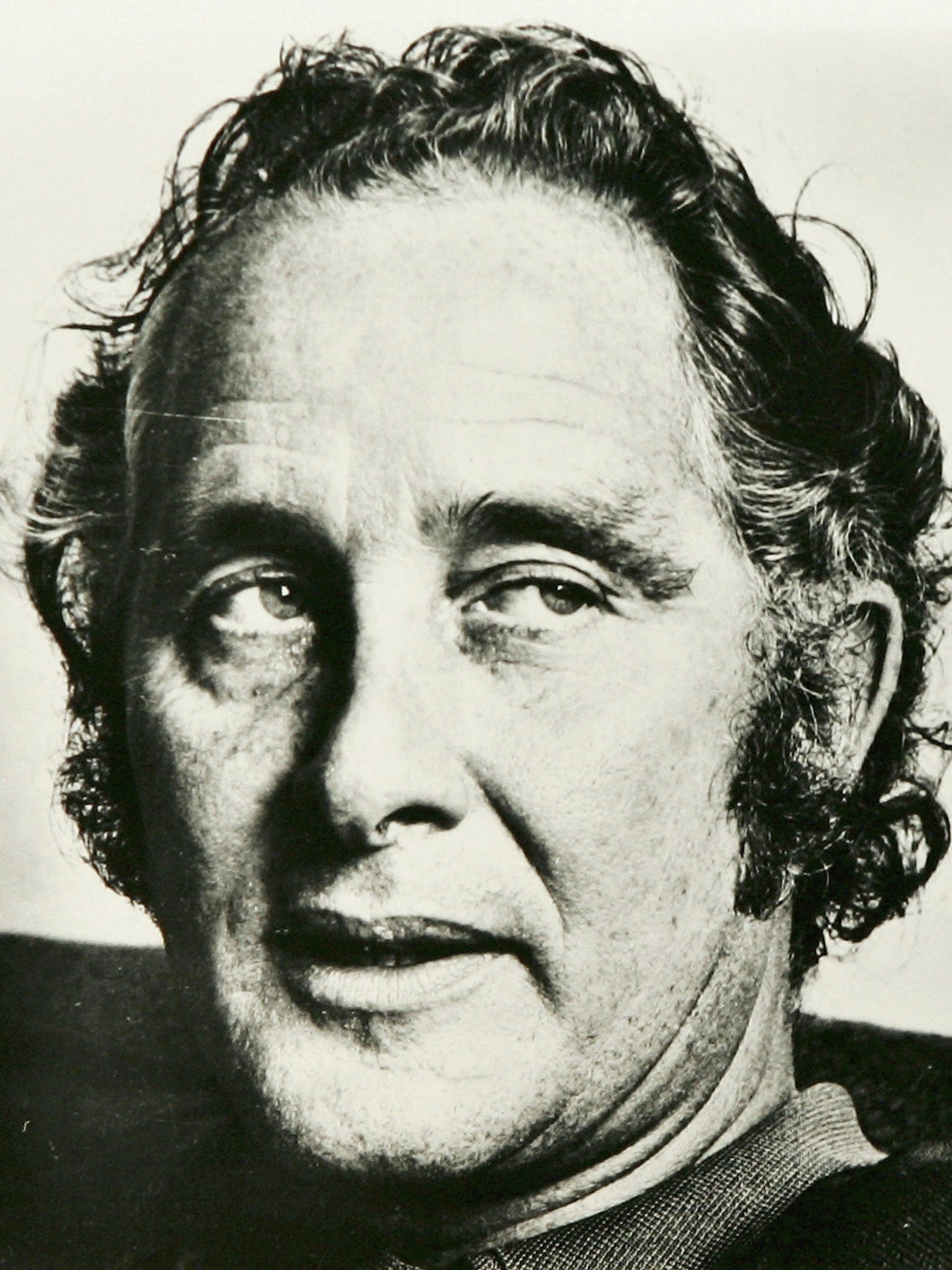Lucky autumn children 'should be docked marks to make exams fair'

Children born in September should have to get higher marks to obtain top grades to compensate for their strong performance in tests and exams, according to an influential study.
The report by the Institute for Fiscal Studies (IFS) says children born at the start of the school year in September fare better in national curriculum tests, 11-plus tests and GCSE exams than those born in August – who are 11 months younger when the exams are taken.
The study of hundreds of thousands of youngsters says that those born in August are on average 6.4 per cent less likely to obtain five A* to C grades at GCSE than those born in September. In addition, they are two percentage points less likely to go to university at 18 or 19 and 1 per cent less likely to end up at a Russell Group university. The group represents 24 of the most highly selective universities in the UK.
The report goes on to say that the summer-born youngsters have "lower confidence in their academic ability and are less likely to believe they control their own destiny".
As a result, it argues that test and exam results should be "age adjusted" to allow the summer-born children to compete on a level playing field.
This could be done by ensuring that those who are born between September and January have to gain increased points to reach a particular level in the exam or test. Alternatively, it could be achieved by awarding extra marks to those born later on in the year. "Test scores should be age adjusted to account for the fact that children born at different times of the year perform – on average – differently," the report concludes.
The researchers say it is "vital" that policymakers grasp the nettle, adding that the disadvantage also extends to the percentage of pupils likely to suffer from a mild form of special educational needs. Those born in August are 5.4 per cent more likely to be diagnosed as having special needs (12.5 per cent compared with 7.1 per cent).
However, the discrimination does not extend into adulthood as there is little evidence to show they are less likely to be in work or be paid less – although they are slightly more likely to be unemployed.
"Our research continues to show very large differences in attainment between children born at the start and end of the academic year, which affects the post-compulsory education options open to them," said Claire Crawford, programme director of the IFS and one of the report's authors.
Join our commenting forum
Join thought-provoking conversations, follow other Independent readers and see their replies
Comments